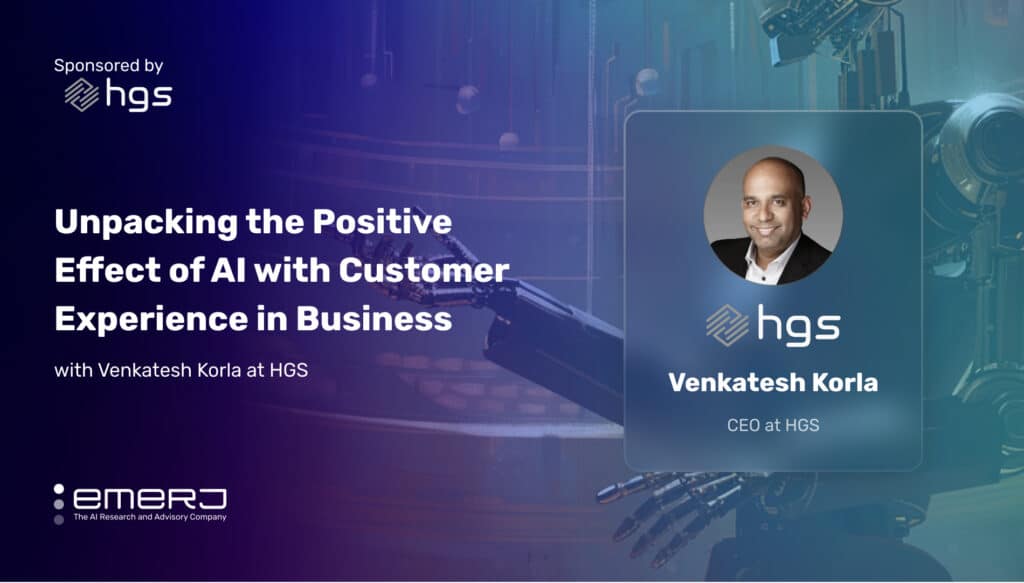Procurement is traditionally a cumbersome process, given how unpredictable the customer base is – both in terms of lines of business and actual company customers. In explaining the business problems in the manufacturing procurement space on Emerj’s AI in Business podcast, VP and Global Supply Chain Executive of Westfall, David Schultz, tells the audience that the variables determining procurement are “guestimates” at best.
Specifically in Westfall’s domain of plastics and resins, there’s been a shortage with more cost allocation and force majeure declared more frequently in the last 18 months than Schultz has seen “in my entire career.” He emphasizes that there “is no back-to-normal ever. In my opinion, it’s the next normal.”
Adding to the already chaotic post-pandemic issues in supply chains, procurement tends not to be as active as other enterprise domains – as host and Emerj CEO Daniel Fagella mentions on the podcast. In turn, manufacturers risk carrying vast amounts of inventory that eats into margins and is difficult to dispose of properly. All the while, their suppliers are also likely facing similar supply chain problems of their own.
AI capabilities are uniquely suitable for addressing many of these issues, as evidenced by the proliferation of solutions imbued with predictive analytics and machine learning in the market even before the COVID-19 era.
However, these solutions are only successful when the business leaders and teams behind them know what insights can be cultivated from available data that help make sense of procurement challenges in a larger context. In his appearance on the ‘AI in Business’ podcast, David presents three critical metrics found in data-driven procurement processes:
- Speed to margin
- Cost in delay
- Analytical transparency
Listen to the full episode below or skim our key insights:
Guest: David Schultz, VP and Global Supply Chain Executive, Westfall Technik
Expertise: Manufacturing procurement, supply chains, finance, chemical engineering
Brief Recognition: David has worked extensively in manufacturing procurement and supply chain management over the last twenty years for such austere brands as CONMED, Byrna Technologies and Perimeter Brand Packaging. David graduated with an MBA in finance and international business from Bentley University in 1992.
Key Insights:
- Speed to margin: Arriving at a final price, having the global data to back up the price range in negotiations with suppliers, and knowing exactly how long it will take to arrive at that price.
- Cost in delay: Assessing the increase in cost in the time it takes to arrive at the margin price.
- Transparency in data confidence: Ensuring analysts are entirely comfortable expressing doubt or uncertainty in their interpretations of data so their opinion isn’t mistaken for fact.














